15 films from across the world have been shortlisted for the Best International Feature Film category at the 2024 Oscars. This year’s contenders are all hits, displaying the best of narrative and documentary filmmaking. Whether documenting the horrors of war and strife or celebrating the joys of love and family, the array of stories by this year’s International Feature shortlist contains something for everybody.
Survival against all odds, finding oneself by examining others, and the consequences of power and greed tie each of these films together thematically. Check out what we think of each of the 15 films shortlisted for Best International Feature Film for the 2024 Oscars.
20 Days in Mariupol

Director: Mstyslav Chernov
Writer: Mstyslav Chernov
Country: Ukraine
20 Days in Mariupol is one of history’s most harrowing war documentaries filmed during the first 20 days of Russia’s siege of the Ukrainian city Mariupol in February of 2022. When nearly every other reporter fled the port city as Russia aimed its tanks directly at them, journalist Mstyslav Chernov stayed behind to document the death and destruction wrought by Russia’s apparent war crimes and inhumanity. The documentary is one of the most difficult to watch among the Best International Feature Film shortlisters for this year’s Oscars. But it is an essential piece of proof of the lives that existed in Mariupol before the invasion and the lives needlessly lost on account of Russia’s inhumanity, greed, and pure evil.
Amerikatsi
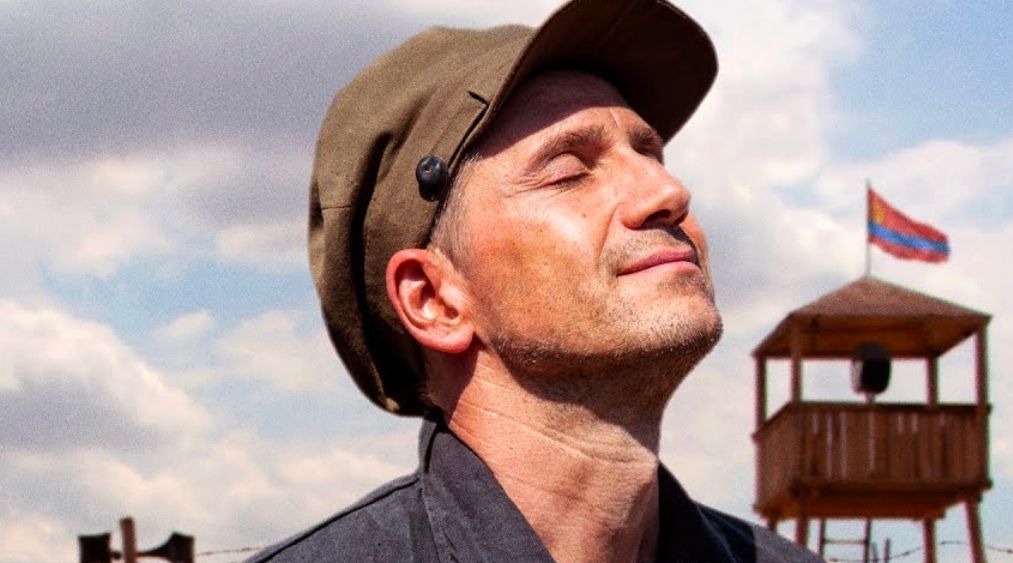
Director: Michael A. Goorjian
Writer: Michael A. Goorjian
Country: Armenia
Amerikatsi marries drama and humor in a way that only a movie about the grimmest of circumstances could. Starring its writer and director Michael A. Goorjian, the movie takes place in an Armenia under the Iron Curtain keen on repatriating former citizens, refugees, and descendants of one-time Armenian citizens. However, as the American Charlie quickly finds out upon returning to the country of his birth, perhaps the U.S.S.R and the KGB aren’t actually as interested in new citizens as he had hoped. Charlie finds himself in prison very swiftly after embarrassing a Russian soldier stationed in Armenia who so happens to oversee that very prison.
Inside, Charlie discovers that one of the guards lives in an apartment just beyond the tattered prison wall. In what becomes a daily ritual, Charlie watches the guard live his life with his wife, his friends, and his family to the point where he starts to imagine himself as part of that Armenian family himself, just like he dreamed of discovering again upon returning home. Everything that happens from there is a mix of quite funny and quite upsetting as Soviet prison is no joke. Yet, Charlie can’t help but charm the pants off of everyone he encounters, the audience included.
Io Capitano
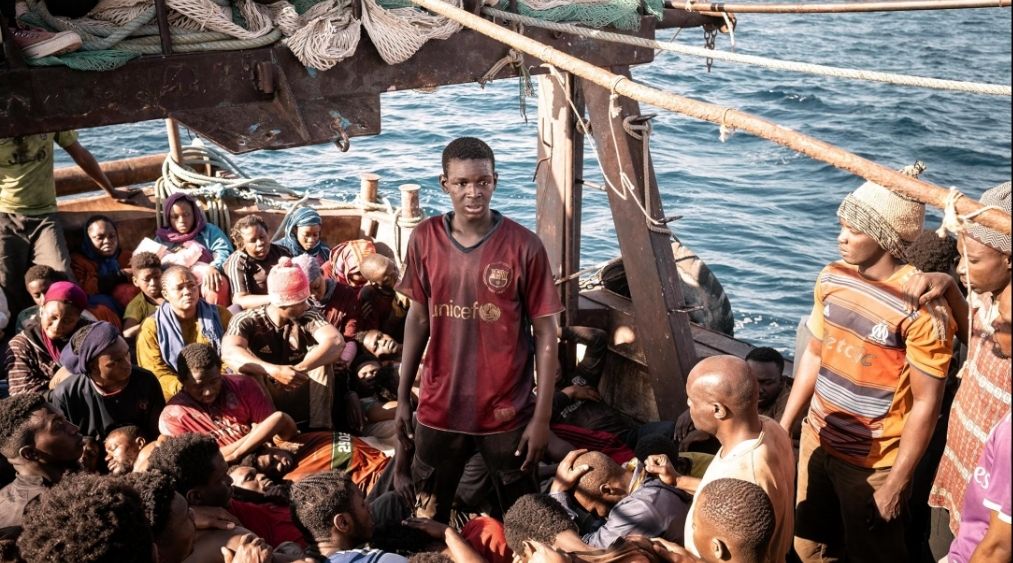
Director: Matteo Garrone
Writer: Matteo Garrone, Massimo Ceccherini, Massimo Gaudioso, Andrea Tagliaferri
Country: Italy
Seydou (Seydou Sarr) and Moussa (Moustapha Fall) dream of smuggling themselves away from Senegal to become famous musicians in Italy. But what begins as a dream quickly becomes a nightmare as the boys learn the horrors of the pathway to Europe. It’s also a story about love, community, and finding hope in a hopeless situation. While bouts of fantasy brighten some of the bleakest moments, the story is filled with tragedy as much as triumph. As harrowing as the journey is and as graphic as some depictions get, Io Capitano never crosses a line to either glorify or condemn the journey itself. Rather, it simply depicts the struggle for exactly what it is, risks, rewards, and all.
Fallen Leaves
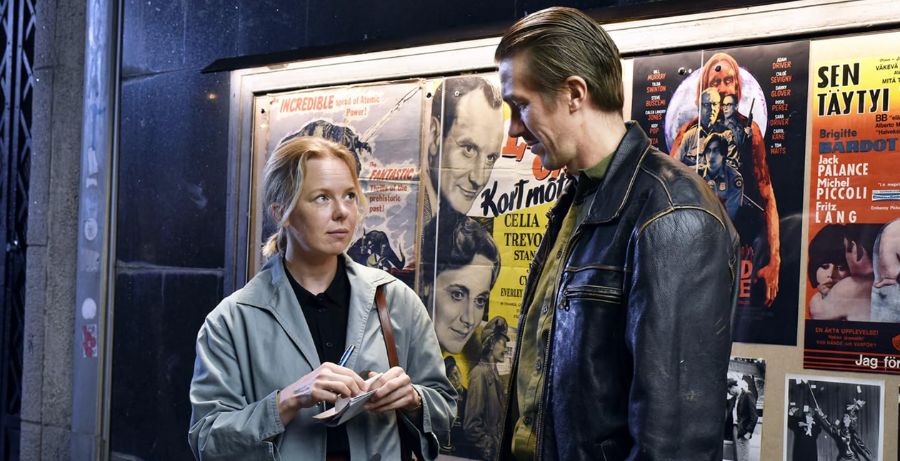
Director: Aki Kaurismäki
Writer: Aki Kaurismäki
Country: Sweden
The entirety of Fallen Leaves, a Finnish romance written and directed by Aki Kaurismäki, hinges upon its subtle, bone-dry humor. This is not a sweeping romance. It’s barely even romantic at all. But it is something special. It peddles in awkwardness and uncomfortable tension between its leads. Long silences endure because these two characters have very little interiority or exteriority.
The twists and turns of Fallen Leaves aren’t so out of the ordinary, but they’re so exaggerated by the perplexity of its main characters as to constantly invite big laughs and unsure snickers in equal measure constantly. Whether you’re laughing at Ansa (Alma Pöysti) or Hollapa (Jussi Vatanen) or with them is perhaps unclear most of the time. But you’re laughing, and you’re greatly appreciating the love they find in this cold, poor, lonely world.
Four Daughters
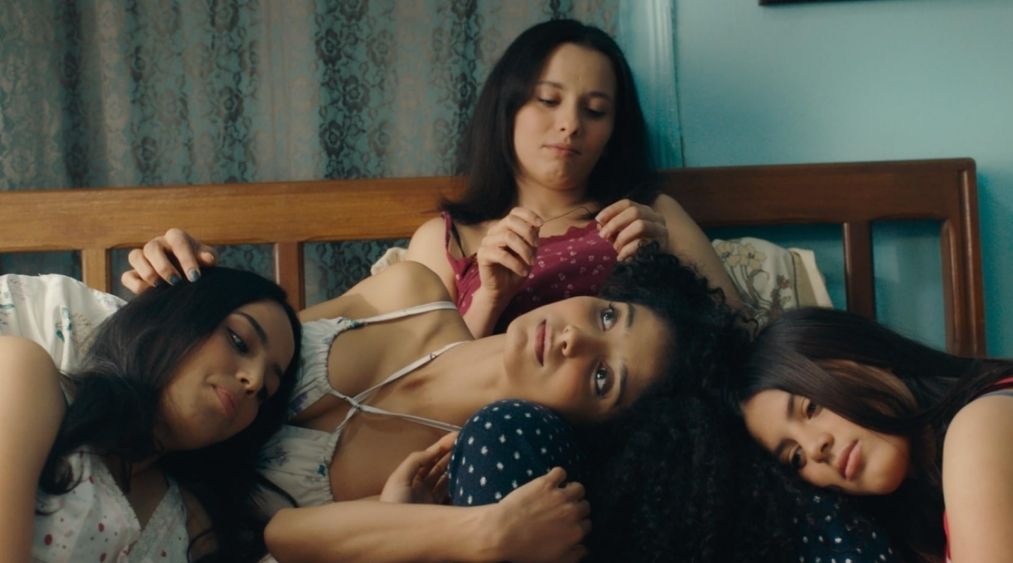
Director: Kaouther Ben Hania
Writer: Kaouther Ben Hania
Country: Tunisia
Olfa Hamrouni’s four daughters, Rahma, Ghofrane, Eya, and Teyssir were raised with the same mix of fear, love, and cruelty she was raised with, like her mother before her. In this powerful documentary, actresses play Rahma (Nour Karoui) and Ghofrane (Ichrak Matar), and Olfa (Hind Sabri) in some scenes too intense for her as the five women reenact their lives leading up to when Rahma and Ghofrane left them. Four Daughters (Les filles d’Olfa) is a volatile set, with the real daughters fighting with their real mother as they bond with the actors who play their estranged sisters. Sabri gets into arguments with Olfa about religion and you can’t tell whether it’s a method of getting further into her character or if she is genuinely chastizing her. And all the while, the devastating, layered reality of this family is laid bare in a moving, upsetting, but ultimately hopeful fashion.
Godland
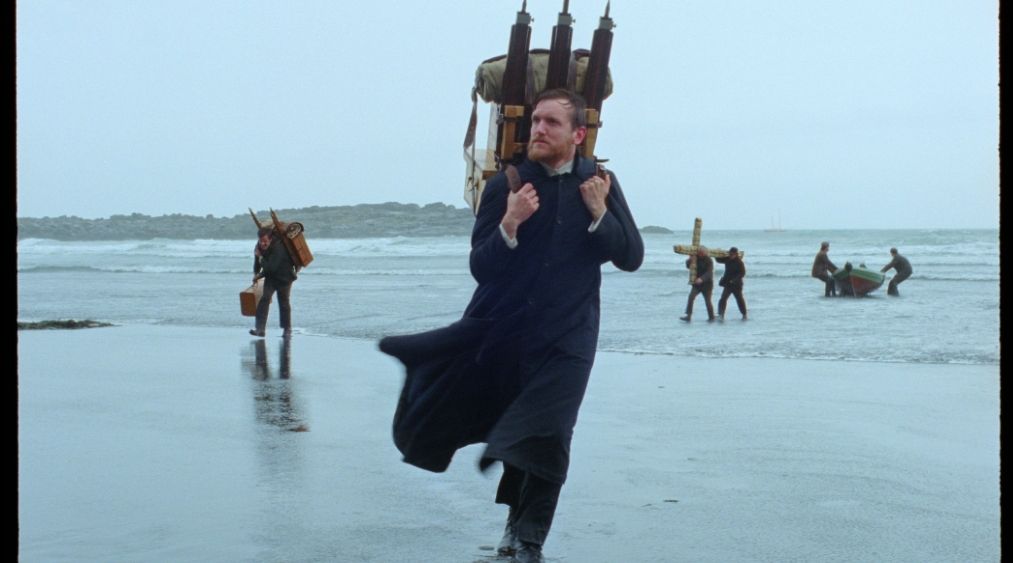
Director: Hlynur Pálmason
Writer: Hlynur Pálmason
Country: Iceland
Godland (Vanskabte Land), a visual feast, is the fictionalized account of what may have taken place during a late-19th-century Danish missionary journey to Iceland where the first photographs of the island and its native people were taken. Lucas (Elliott Crosset Hove), the priest and photographer attempts to assert his sense of Danish and Christian superiority over the journey, the town where his church will be built, and the people who help him do so. His arrogance is perfectly reflected in the literal control he attempts to take over the narrative throughout the movie by gatekeeping his nationality, religion, and photographs. Thankfully, for the sake of justice and excellent storytelling alike, Lucas’s principal native Icelandic guide Ingvar Sigurðsson simply will not abide Lucas’ backward and uncivilized ways
The Monk and the Gun

Director: Pawo Choyning Dorji
Writer: Pawo Choyning Dorji
Country: Bhutan
In 2006, Bhutan held its first democratic election. But, concerned that a citizenry who has never voted before would have neither the motivation to do so nor the understanding of how to, a mock election was organized to first teach the largely rural country how to vote. Just before the election, a monk is instructed by his master to obtain two guns so he can “make things right.” At the same time, an American gun collector arrives in the town looking to buy one of these same guns for a substantial sum.
The Monk and the Gun is marked by the humor natural to a country just discovering Western pop culture as they install their first televisions. But more substantially, it’s a sad and biting criticism of Western insistence on its singular worldview being superior. The people in this movie are quite content, like their king, and don’t really understand the benefit of democracy. Those pushing the mock election seem like a farce and everyone else has to suffer consequences as a result. Plus, watching a monk carry around a gun is instant uncanny comedy.
The Mother of All Lies
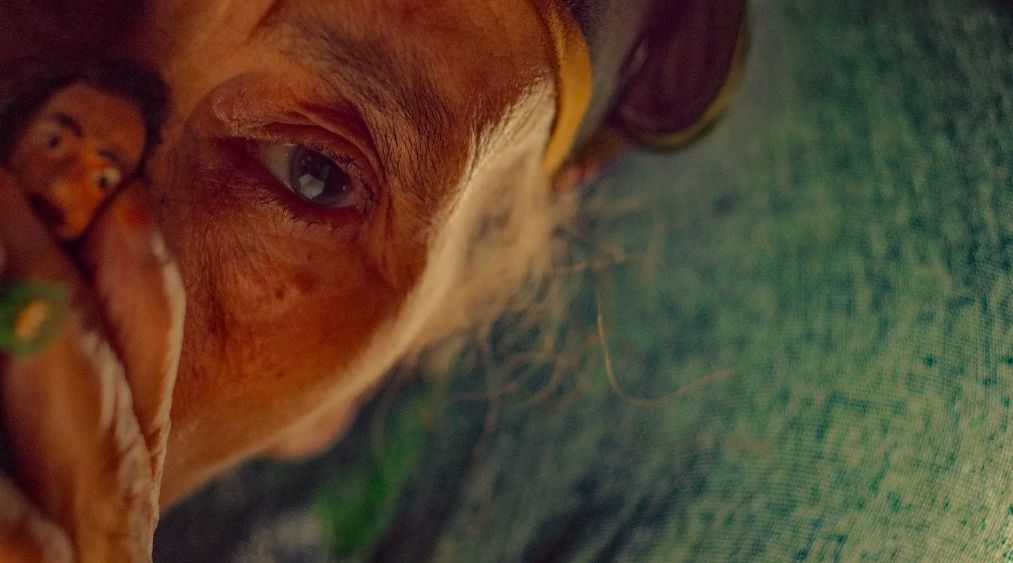
Director: Asmae El Moudir
Writer: Asmae El Moudir
Country: Morocco
Filmmaker Asmae El Moudir uses miniatures of her family home and neighborhood, constructed in part by her family themselves, to create the most unique documentary among the three shortlisted for Best International Feature Film at the 2024 Oscars. The Mother of All Lies explores Moudir’s family history and the truth of her grandmother’s experience during the Bread Riots of 1981. Her grandmother is a bitter, mean old woman who has never missed a single word of eavesdropping in all her life, but simply refuses to tell what she considers secrets, including discussing what she saw on the night many of her neighbors and own family members were kidnapped or killed by the military.
Blending scenes reenacted with their miniatures and real-life interactions among the family members in the studio where the miniatures are set up, the structure of the film is incredibly creative. It’s also deeply and painfully personal. Watching El Moudir try desperately to connect with her grandmother and squeeze the truth out of her, as well as the rest of her family, can be frustrating as well as quite upsetting. But the story has to be told, and so it is.
Perfect Days

Director: Wim Wenders
Writer: Wim Wenders, Takuma Takasaki
Country: Japan
Perfect Days distributor NEON declined to provide a screener ahead of the film’s release despite its inclusion in the yearly NEON book. We presume this Wim Wenders-directed film is about a janitor in Japan, but we can neither confirm nor deny its content or comment on its quality at this time. This will be updated if and when we are able to watch the film.
The Promised Land

Director: Nikolaj Arcel
Director: Nikolaj Arcel, Anders Thomas Jensen, Ida Jessen
Country: Denmark
Danish historical drama The Promised Land (Bastarden) by director and writer Nikolaj Arcel is a solid take on pride, determination, and revenge. Starring Mads Mikkelsen as the main character Ludvig von Kahlen, you are beholden to a man’s singular and unwavering vision for about two hours. Kahlen is of ignoble blood, so while he rose through the ranks of the German military over 25 years, his noble peers achieved the same success in only 6 months.
Where wealthy landowners and judges, like Kahlen’s rival Frederik De Schinkel (Simon Bennebjerg), could treat farmers and servants like they’re disposable, Kahlen has to work tirelessly to build the trust of every person he encounters. When Kahlen determines to fulfill the King’s dream of settling the Danish heath, the wilderness of seemingly barren land that covers great swaths of the kingdom, absolutely nothing will stand in the way of accomplishing his goal.
Through some cathartic farming, family-building, and revenge, The Promised Land pulls together its seemingly rogue elements to render an entertaining film. Its setting and villain are its biggest stand-outs, although Mikkelson and others certainly put in solid performances.
Society of the Snow

Director: J. A. Bayona
Writer: J. A. Bayona, Bernat Vilaplana, Jaime Marques
Country: Spain
Based on true events, Society of the Snow (La Sociedad de la Nieve) is a Spanish-language Netflix Original film directed by J.A. Bayona and based on the book by Pablo Vierci. In October 1972, a plane carrying a rugby team and their friends and family crashed in the Andes between Chile and Argentina. Miraculously, many of the passengers survived the initial crash. The two and a half hours that follow tell the unbelievable tale of their survival.
Society of the Snow uses its sound design, setting, and the false security of brief levity to create a deeply upsetting atmosphere. Made more intense by how easy it is to settle yourself right into the thick of the situation, it’s an unbelievable testament to human determination and a survivalist thriller for the ages.
The Taste of Things
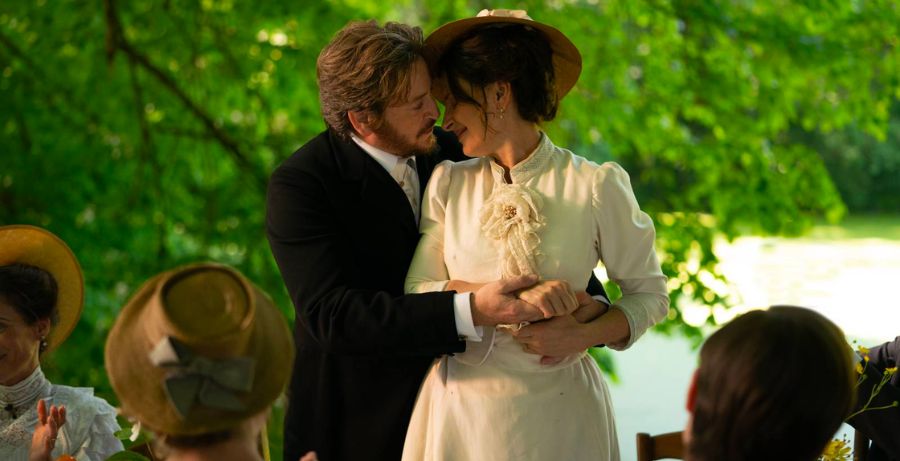
Director: Anh Hung Tran
Writer: Marcel Rouff, Anh Hung Tran
Country: France
Directed by Anh Hung Tran, The Taste of Things (La Passion de Dodin Bouffant) is a feast for the eyes and ears—perhaps the boldest and most illustrious depiction of food, its cooking, and the people involved set to film. In 1889 France, Dodin (Benoît Magimel) is a master cook and socialite in his “Autumn years” madly in love with his own cook of 20 years, Eugénie (Juliette Binoche). But when she refuses, as usual, to marry him, a movie lush with color, light, a lot of food, and a sweetly subtle romance blooms into an exploration of freedom and the stories we tell each other to shape our senses of self.
The Taste of Things is the most romantic movie shortlisted for the Best International Feature Film at the 2024 Oscars. It’s a stunning ode to food and the people who share it and as beautiful a depiction of the art of cooking as it is of love between its two cooks.
The Teacher’s Lounge
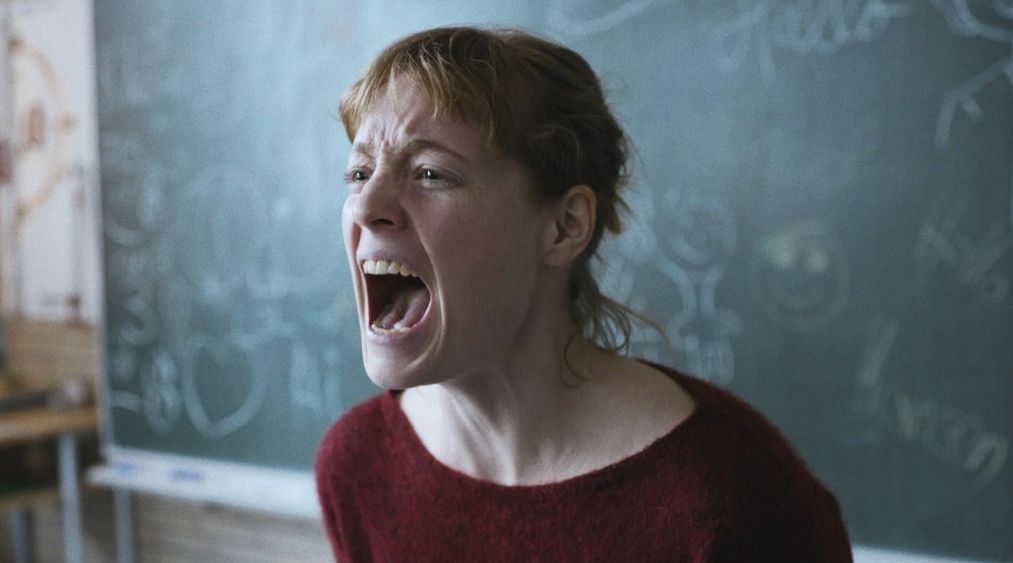
Director: Ilker Çatak
Writer: Johannes Duncker, Ilker Çatak
Country: Germany
Middle school teacher Carla Nowak (Leonie Benesch) is probably a lot better a teacher than everyone else in her building. But when a string of petty thefts riles the faculty up, she sits idly by as the other teachers interrogate, shake down, and basically bully the kids to try and get answers. Practically every minute of The Teacher’s Lounge (Das Lehrerzimmer) is full of anxiety. The way the kids are treated is horrifying, even if the posh and well-funded-looking school seems to think it’s doing well by its students. The score is intense and the camera tracks backwards as Nowak walks through its tight hallways.
But most of all, The Teacher’s Lounge is a reminder that even the best-intended teachers and role models have the potential to do wrong by their charges. Nowak, clearly a good teacher, makes mistake after mistake, so obvious to the viewer but impossible for her to surmise in the heat of the moment. It’s a stark reminder that most every kid is raised by imperfect people trying their very best.
Tótem
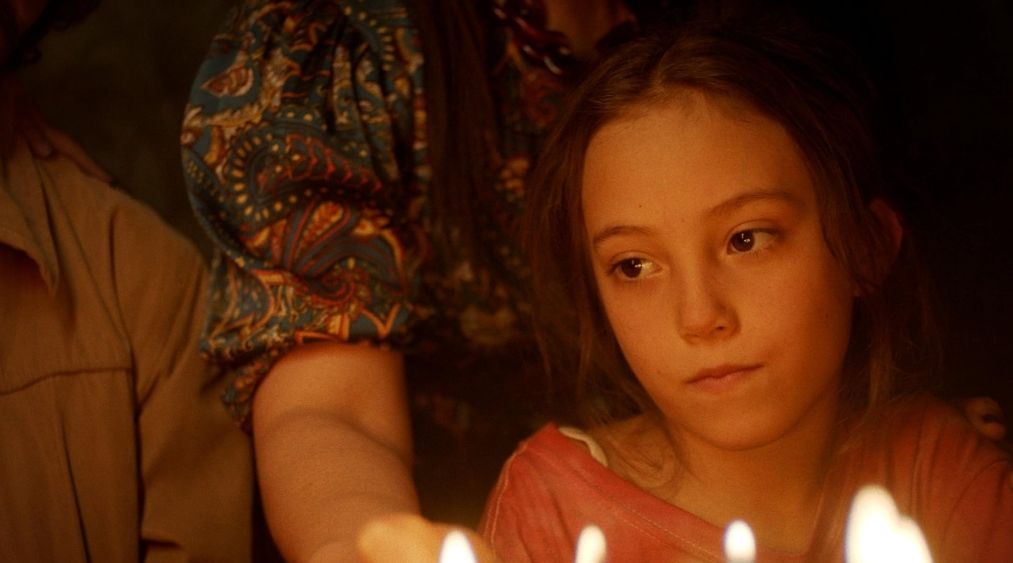
Director: Lila Avilés
Writer: Lila Avilés
Country: Mexico
In Lila Avilés’ Tótem, a large family goes about its many businesses. Seven-year-old Sol (Naíma Sentíes) is caught in the middle of everybody’s comings and goings as they prepare for her father’s (Mateo Garcia) birthday party. Only this is likely to be Tona’s last birthday, and it’s not clear that Sol is fully cognizant of his cancer. As everyone in the house becomes riled up by each other and by the upsetting circumstances, it’s Sentíes who steals the show with every scene she’s in. She brings innocence to an otherwise intense circumstance—laced with scant signs of realization to make Tótem a little more somber and a little less languid.
The Zone of Interest

Director: Jonathan Glazer
Writer: Jonathan Glazer, Martin Amis
Country: United Kingdom
The most deeply upsetting Best International Feature Film shortlisted at this year’s Oscars, The Zone of Interest is a portrait of a lavish German family living directly adjacent to Auschwitz during the Holocaust. The movie is about absolutely nothing and yet one of the most powerful movies of its kind. The movie opens on a white screen so bright and blinding that its metaphor for how blind the world has always been to the atrocities happening around us could not be any clearer. With a soundscape meant to completely petrify you so that you simply cannot look away, this is one of the most intricately crafted movies where almost nothing happens but everything is of grave importance.
The Zone of Interest won the 2024 Academy Award for Best International Feature and is available now on VOD.







